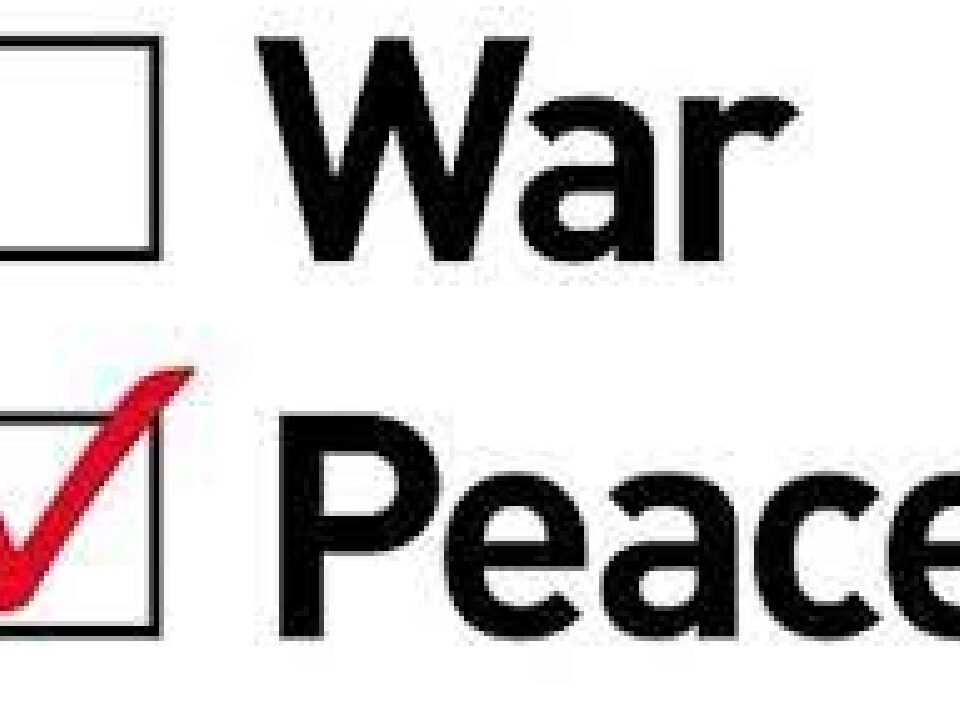SECTION XX. The injunction of John the Baptist to the soldiers, to be content with their wages, considered.
One of the principal arguments drawn from the New Testament, on which the defenders of war rest their vindication, is taken from the remarks of John the Baptist to the soldiers who came to him, saying, “ And what shall we do? And he said unto them, Do violence to no man; neither accuse any falsely; and be content with your wages,” (Luke iii. 14.) It is argued from this passage, that John allowed the soldiers to take their wages, and thereby sanctioned war.
1. I might easily evade this argument by pleading, that the ministration of John was no part of the Christian dispensation, which had not yet commenced; and according to the declaration of our Lord, he who was least in the kingdom of heaven was greater than John the Baptist. But as some sects of Christians think the authority of John to be equal to that of any of the apostles, I admit it for argument’s sake. But the apostles themselves were not fully aware of the peaceful nature of the religion of Jesus Christ until “the day of Pentecost was fully come, when they were filled with the Iloly Ghost sent down from heaven.” This is evident from their desire to call down fire from heaven to consume a whole village of the Samaritans, when they were rebuked by their Master, who said unto them, “Ye know not what manner of spirit ye are of, for the Son of man came not to destroy men’s lives, but to save them.” After the apostles were inspired by the Holy Ghost, they never gave the least countenance to war in any form ; but all their precepts inculcated a spirit directly the opposite to war in every particular.
2. A candid inquirer after truth from the word of God does not split texts apart, and taking that part which suits hiin, reject the other. By this means the Bible may be made to say almost anything. In this case, take the whole sentence together, and what does it say?” Do violence to no man.” Now, if all the soldiers in the world would obey the injunction of John the Baptist, and do violence to no man, wars would cease. The Roman soldiers who came to John were stationed in a conquered country to keep the inhabitants in subjection. In this case, if they did not commit robbery and violence, it would have been a rare instance in those days, and not a very common one in ours. They also assisted the publicans in collecting the tribute money; and it is probable that, among other acts of oppression, they accused people falsely of not having paid their tax, and thus extorted money from them. Hence the injunction of John, that they should not commit robbery, but be content with their wages, was very appropriate.




